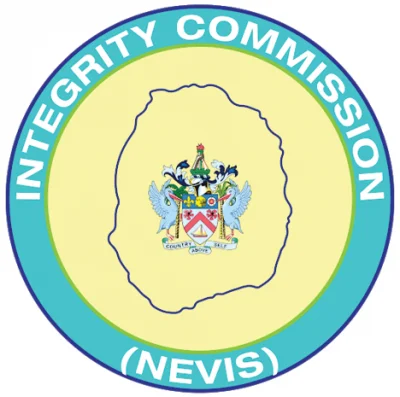Deadline for Public Official Integrity Declarations: April 30
Paragraph 1: The Integrity in Public Life Act and Declaration Deadline
The Integrity in Public Life (IPL) Act mandates specific individuals holding key positions within the government to submit annual declarations of their income, assets, and liabilities. This requirement serves as a cornerstone in the fight against corruption and promotes transparency and accountability within public office. The IPL Commission recently issued a reminder emphasizing the April 30th, 2025 deadline for the submission of these declarations. Timely compliance is crucial, as failure to adhere to this legal obligation carries significant penalties.
Paragraph 2: Scope of the IPL Act and Designated Individuals
The IPL Act targets individuals occupying positions that hold significant influence and responsibility within the government. This includes high-ranking officials such as government ministers, permanent secretaries, and other designated individuals. By requiring these individuals to disclose their financial interests, the Act aims to prevent conflicts of interest, detect illicit enrichment, and foster public trust in the integrity of government operations. This transparency mechanism allows for public scrutiny and helps ensure that those entrusted with public resources are acting in the best interests of the citizens they serve.
Paragraph 3: Importance of Timely Compliance and Potential Penalties
The IPL Commission has stressed the significance of submitting declarations by the stipulated deadline. Timely compliance not only fulfills a legal obligation but also demonstrates a commitment to transparency and accountability. Failure to submit the required declarations by April 30th constitutes a serious offense under the IPL Act. Individuals found in violation of this provision face substantial penalties, including a maximum fine of EC $30,000 or imprisonment for up to five years. These penalties underscore the seriousness with which the government views non-compliance and its dedication to upholding the principles of integrity in public life.
Paragraph 4: Accessing Further Information and Resources
The IPL Commission has made resources available to assist individuals in fulfilling their declaration obligations. Detailed information regarding the requirements of the IPL Act, the declaration process, and relevant forms can be accessed through the Commission’s official website: www.iplskn.com. This online platform serves as a central repository of information related to the IPL Act and offers guidance on navigating the declaration process. The Commission encourages individuals with questions or requiring further assistance to consult the website or contact the Commission directly.
Paragraph 5: Broader Implications of the IPL Act and its Role in Governance
The IPL Act plays a vital role in strengthening good governance and promoting ethical conduct within the public sector. By requiring transparency in financial matters, the Act helps prevent corruption, enhances public trust, and fosters a culture of accountability. This legislation is a key component of broader efforts to modernize governance structures, strengthen institutions, and ensure that public officials are held to the highest ethical standards. The IPL Act represents a significant step towards building a more transparent and accountable government.
Paragraph 6: The Ongoing Commitment to Transparency and Accountability in Public Life
The emphasis on timely compliance with the IPL Act underscores the government’s ongoing commitment to fostering transparency and accountability in public life. By enforcing the provisions of the Act and reminding individuals of their obligations, the government sends a clear message that integrity in public service is non-negotiable. This commitment to ethical conduct is essential for maintaining public trust, strengthening democratic institutions, and ensuring that the government operates with the utmost integrity and in the best interests of its citizens. The IPL Act serves as a critical tool in realizing these objectives and promoting a culture of ethical leadership within the public sector.
Share this content:












Post Comment